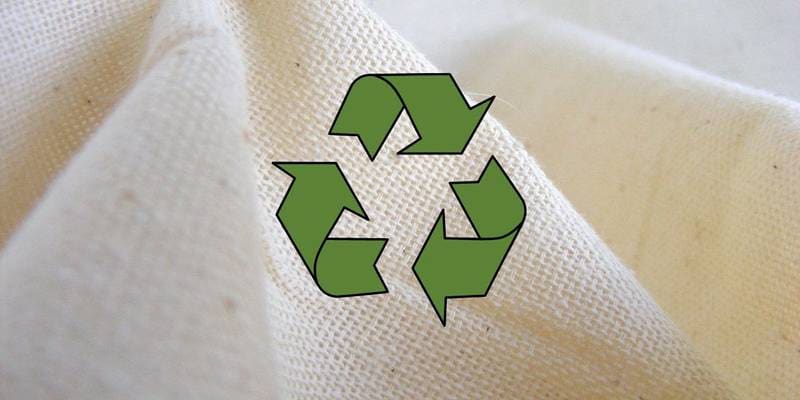SMEs in the clothing, textile, footwear, and leather industries will be given a boost in their efforts to innovate for sustainability.
To increase circularity, innovation, and sustainability, South African small and medium-sized enterprises (SMEs) and textile companies that are part of global value chains, particularly exporting to the European market, will be targeted. This will be accomplished with the help and involvement of a United Nations Environment Programme (UNEP) project (UNEP).
The National Cleaner Production Centre South Africa (NCPC-SA), in collaboration with a technical partner, the Centre for African Resource Efficiency and Sustainability, is implementing the Innovative Business Practices and Economic Models in the Textile Value Chain – or InTex – project (CARES). In Tunisia, Kenya, and South Africa, the initiative is funded by the European Union and managed by UNEP.
The project hosted an online workshop for key policy stakeholders on November 25th, which provided an overview of the UN Environment project as well as the South African Department of Trade, Industry and Competition’s (dtic) clothing, textile, footwear, and leather Master Plan and how it works to advance the sector.
Thembi Kodisang-Sibanda, the NCPC-SA project lead in South Africa, said the project intends to support the textile industry in South Africa in addressing environmental concerns through sustainable business practises. To promote circularity in the textile sector, eco-innovation and life-cycle approaches will be implemented.
According to Sibanda, the project’s second and final phases would see the project’s implementation expanded to additional textile enterprises through the hosting of training and capacity-building workshops.
The training sessions will provide SMEs with information on eco-innovation, product environmental footprint (PEF), and circular business models, as well as tools and guidelines to assist them make their businesses more sustainable, circular, and resilient.
Furthermore, by participating in the project, SMEs will learn how to measure and convey their textile product’s environmental footprint, as well as how to use the eco-innovative approach to establish new business strategies and underlying business models.

